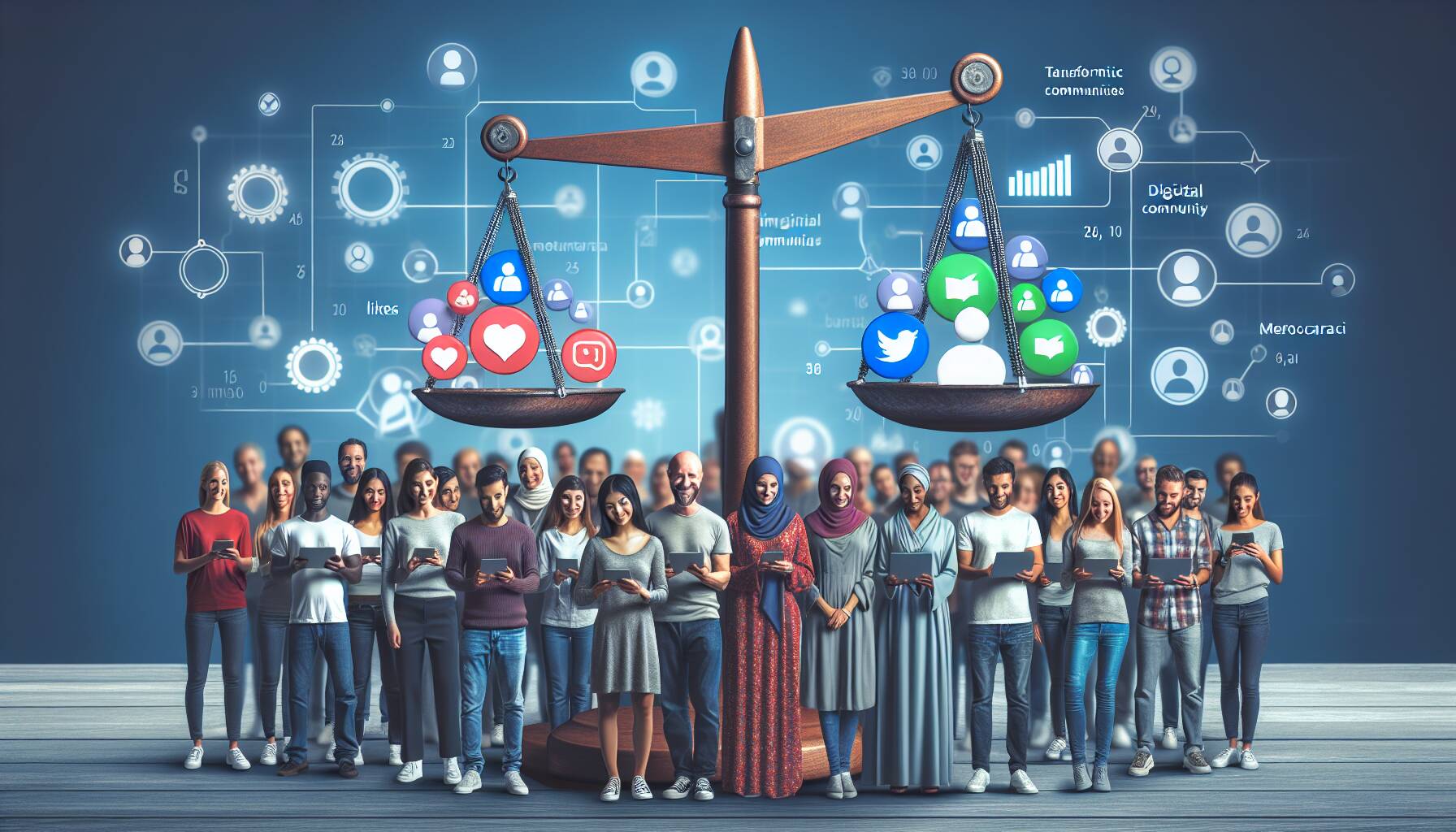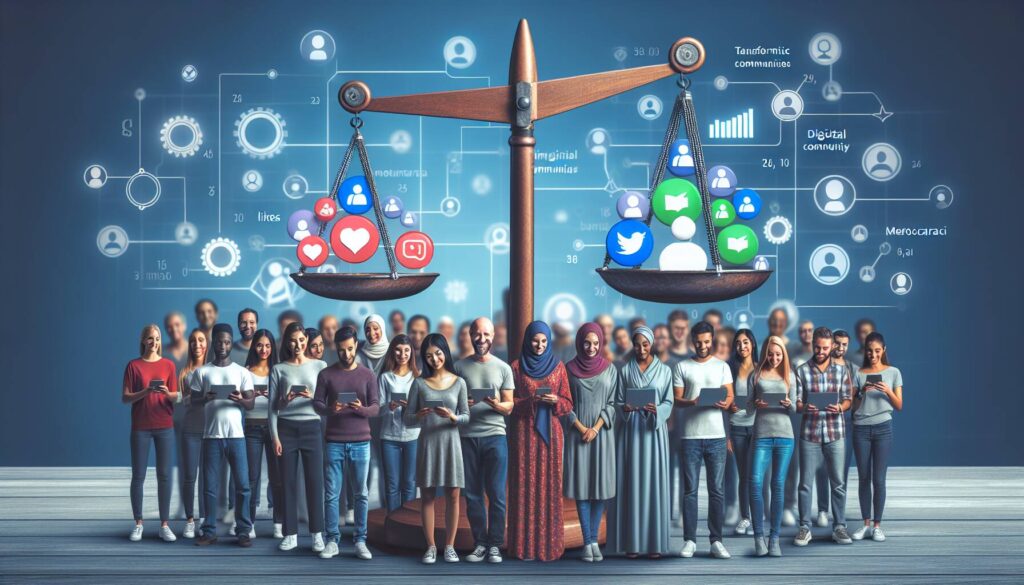Elroy Cheo, a visionary in the cryptocurrency realm and co-founder of the prominent Web3 collective, ARC, is forging a path to transform the structure and operation of digital communities. Alongside Kiat Lim, the son of billionaire businessman Peter Lim, Cheo has crafted ARC into a collaborative sanctuary for the global Asian diaspora. Through the innovative use of Stellar NFTs and Soulbound Tokens—dubbed Fyrian—members can access exclusive features within the ARC app, partake in special events, and acquire unique merchandise. Cheo’s ambitious goal is to establish a merit-based network characterized by shared objectives and collective efforts.
With a background that spans property development and the music industry, Cheo draws from his diverse experiences to shape ARC’s approach. He reflects on his initial foray into the crypto world in 2016, where he collaborated on a blockchain project aimed at resolving copyright disputes in music—an industry often plagued by misunderstandings over ownership. This foundation instilled in him a belief that cryptocurrency should focus on delivering genuine value rather than fleeting speculation.
“Without bonds between members, you’re building an audience, not a community,” Cheo notes, emphasizing the importance of genuine connections within ARC.
Cheo articulates how Asian communities in the Web3 space differ markedly from their Western counterparts. While Western followers are vocal and dominate platforms like Twitter, Asian users often prefer more intimate interactions through platforms like WeChat. Despite their quieter presence, Asian communities exemplify tremendous liquidity and potential within the cryptocurrency sector. “Asia is a Web3 powerhouse,” Cheo asserts, calling for a greater global acknowledgment of this growing influence.
With a focus on creating digital identities through NFTs, Cheo envisions a future where these assets serve as more than collectibles—they may become vital elements of personal branding and recognition in social settings. He highlights the balance of exclusivity and community engagement, as ARC caps its membership at 888 to maintain quality interactions among its members.
“Exclusivity works when it’s tied to brand value and proper community management,” Cheo explains.
In a landscape often characterized by misconceptions, he encourages a shift toward seeing NFTs as community-building tools rather than merely revenue generators. His view is that as Asia continues to cultivate a pool of exceptional talent, it will emerge as a leader in DeFi and NFT innovation. Cheo’s upcoming appearance at Consensus Hong Kong, scheduled for February, promises to spotlight his insights on leveraging NFTs to foster authentic communities.
As the Web3 landscape continues to evolve, Cheo’s message remains clear: the future hinges on passion, community, and the persistent quest for meaningful connections.

Redefining Digital Communities: Elroy Cheo’s Vision for ARC
Elroy Cheo’s innovative approach to building digital communities through ARC offers several key insights and opportunities for readers to consider:
- Meritocratic Network
- ARC aims to create a community based on collective goals and actions.
- This approach contrasts with traditional networks, emphasizing value creation over mere speculation.
- Exclusive Access and Benefits
- Members have access to professional networks, opportunities for growth, and exclusive experiences.
- Participating in such networks can enhance career prospects and personal development.
- Community Values
- The ethos of “give value to receive value” fosters strong relationships among members.
- This principle could inspire readers to seek mutual support in their professional and personal networks.
- Asian Web3 Distinctiveness
- Asian communities are typically less vocal but have significant liquidity in the market.
- Readers could explore opportunities in engaging and leveraging Asian markets in their projects.
- NFTs as Digital Identity
- NFTs can be transformed from mere collectibles to symbols of status and expertise.
- This shift encourages readers to consider how to utilize digital assets in building personal brands.
- Exclusivity and Community Management
- ARC’s capped membership encourages quality and exclusivity, which can sustain brand prestige.
- This could motivate readers to focus on the quality of connections in their own networks.
- Community-Driven NFT Models
- Thinking beyond mere transactions, NFTs can facilitate deeper community connections.
- Businesses could benefit from engaging customers as active community members rather than just consumers.
- Innovation in Asia
- Asia’s talent pool in Web3 technology indicates potential growth and leadership in this sector.
- Readers may find opportunities to collaborate or invest in Asian-led projects and innovations.
- Passion and Persistence in Building
- Cheo emphasizes the importance of passion in enduring market fluctuations.
- This serves as a reminder to readers—pursuing projects that spark their interest may yield better long-term commitment.
“At ARC, we’re trying to build a digital-first institution with a highly aligned community.” – Elroy Cheo
ARC’s Vision: A New Era for Digital Communities in Asia
Elroy Cheo, the co-founder of the Web3 collective ARC, is carving out a unique niche within the rapidly evolving landscape of digital communities. Unlike many organizations that lean heavily on transactional models, ARC emphasizes genuine connections among members, rooted in shared goals and collective action. This meritocratic framework not only fosters collaboration but also positions ARC as a significant player within the Asian diaspora’s digital ecosystem.
Competitive Advantages: One notable advantage of ARC lies in its exclusive membership model, limited to just 888 members. This strategy cultivates a sense of prestige and deepens engagement, ensuring that each member adds value to the community. Furthermore, the introduction of innovative tools like Fyrian—a Soulbound Token—and the Stellar NFT enhances user interaction, enabling access to seamless networking opportunities, exclusive events, and unique merchandise. The culturally nuanced approach to community building, touching on concepts like guanxi, equips ARC to stand out from Western counterparts that focus on numbers over relationships.
In comparison to competitors such as the popular NFT platform OpenSea, which predominantly caters to Western users and emphasizes art and collectibles, ARC’s focus on building meaningful connections offers a refreshing alternative. This positioning not only appeals to individuals seeking greater networking opportunities but also taps into the massive liquidity present in the Asian market, paving the way for significant DeFi protocols.
Potential Challenges: However, there are challenges to consider as well. The exclusivity that drives member engagement could also alienate potential participants who might feel excluded or undervalued. Additionally, the cultural differences highlighted by Cheo—where Asian communities may be less vocal than their Western peers—could hinder the broader visibility and mindshare of ARC in global conversations about Web3 and NFTs. Companies trying to gain traction may have to navigate these cultural nuances carefully to foster engagement without overwhelming their members.
Audience Impact: Startups and developers within the Asian Web3 landscape could find immense value in ARC’s model, as it encourages collaboration over competition and provides access to invaluable resources and networks. However, established entities that rely solely on traditional methods of engagement may face difficulties as ARC’s community-centric approach gains traction. As ARC positions itself as a leader in NFT innovation, businesses both in and outside Asia must reassess their community-building strategies to remain competitive.
In an era where digital identity and community strength are becoming paramount, ARC’s focused strategies represent a promising pathway forward for digital communities, particularly in Asia. The potential for these developments to reshape interaction dynamics across platforms is significant, inviting a re-evaluation of traditional methods in favor of more interconnected, relationship-driven approaches.

















